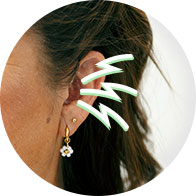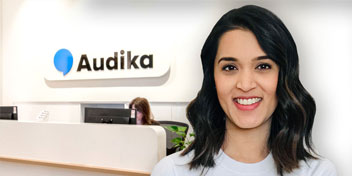Conductive hearing loss

What is conductive hearing loss?
Conductive hearing loss occurs in the outer or middle part of the ear, where sound vibrations are normally relayed and magnified before reaching nerve receptors in the inner ear. This type of hearing loss results from blockage or other impediment to the efficiency of this sound pathway, making it difficult to hear soft sounds while louder sounds may seem muffled.
Excessive ear wax, a ruptured ear drum, or even ear infections can result in conductive hearing loss.
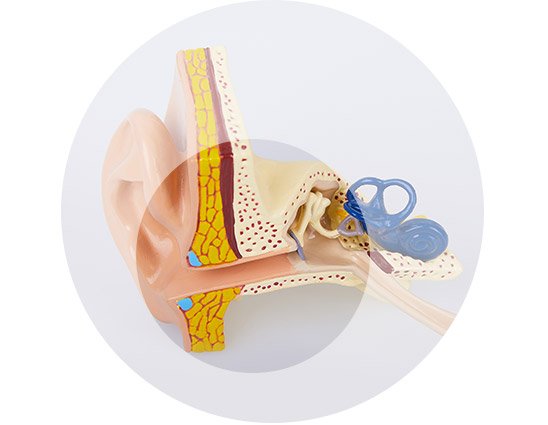
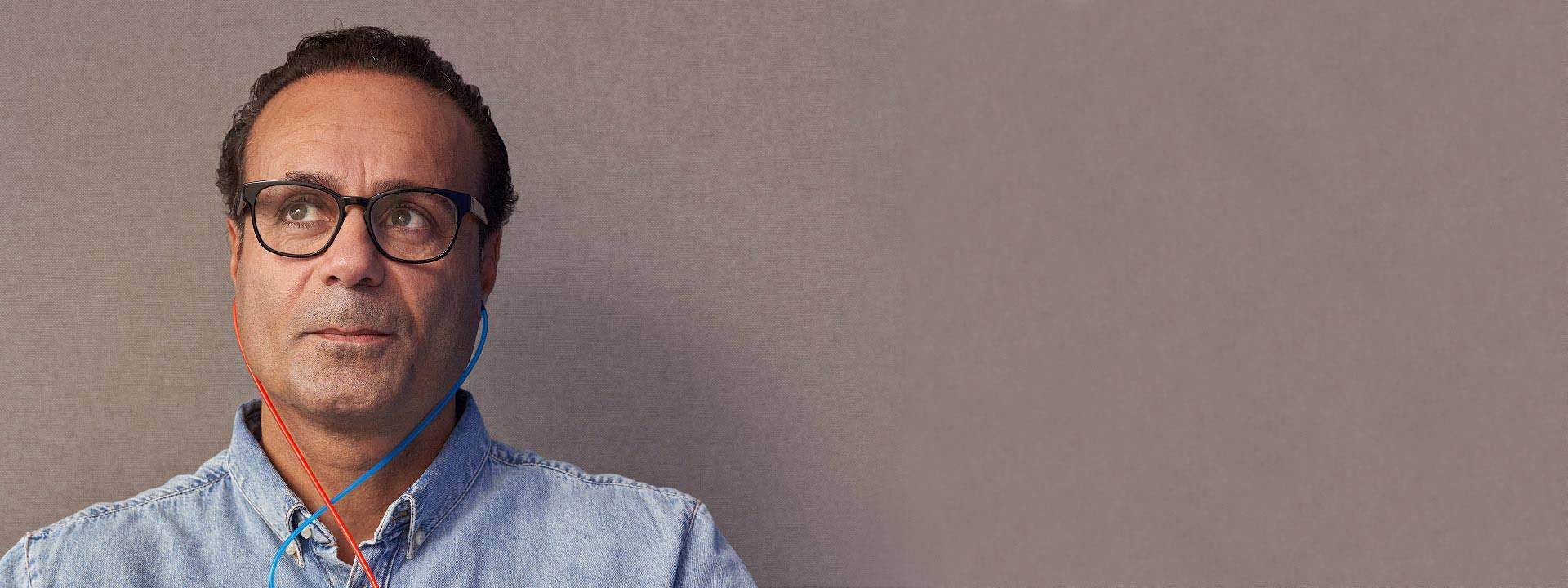
Book a FREE* hearing check
Causes conductive hearing loss
Conductive hearing loss is a type of hearing loss that is often easily identifiable. Causes of conductive hearing loss can include the following:
- Wax build-up blocking the ear canal
- Fluid in the ear from viruses or allergies
- Ear infections such as otitis media
- Objects stuck in the ear drum
- Damage to the ear drum
- Trauma
- Medical conditions such as osteoporosis
What is the difference between conductive and sensorineural hearing loss?
Hearing loss is usually divided into the following 3 main categories (based on which part of the ear is damaged): sensorineural, conductive, and mixed hearing loss.
Conductive hearing loss is usually the result of a disruption to the sound's path as it travels from the outer/middle ear to the inner ear, while sensorineural hearing loss occurs when the delicate nerve fibres and structures of the inner ear become damaged.
Mixed hearing loss occurs when both sensorineural and conductive hearing loss occur in the same ear.
3 symptoms of conductive hearing loss
Conductive hearing loss is sometimes accompanied by pain or discomfort - or the feeling that "something is wrong" in the ear. Other common symptoms of conductive hearing loss may include:
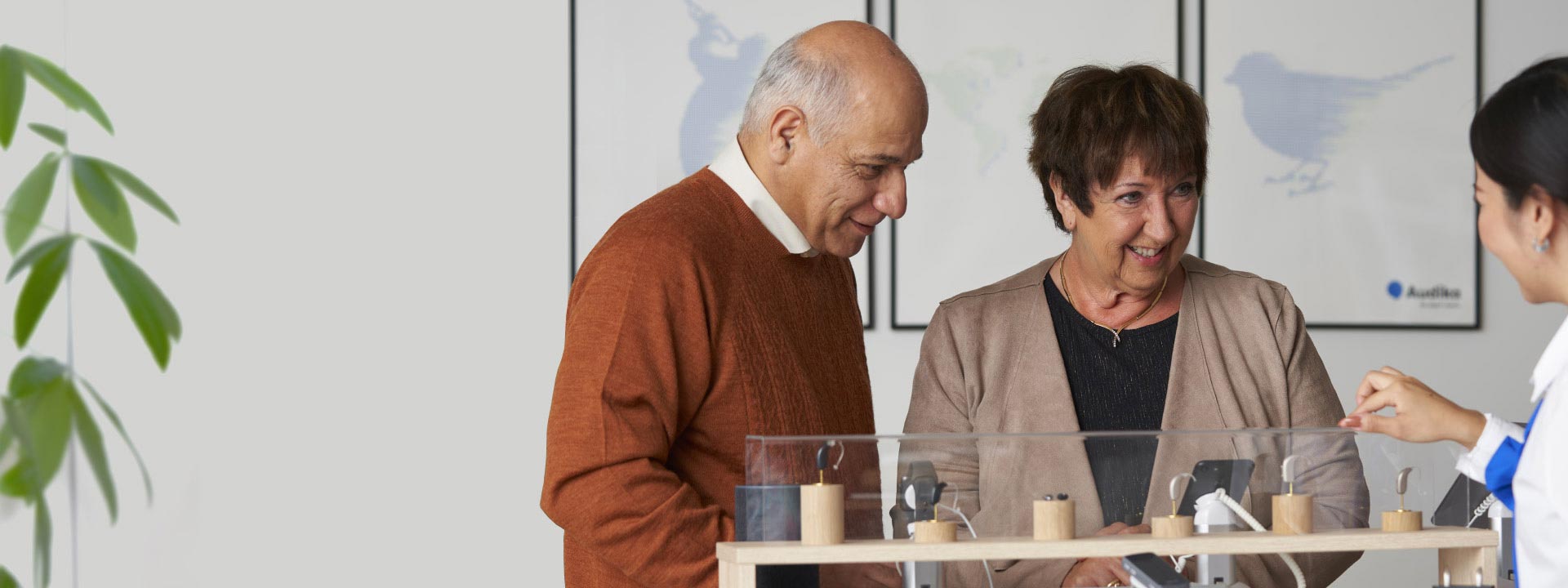
Conductive hearing loss treatment
A visit to the local doctor, especially if you have pain or discharge, may be all that is needed to treat some cases of conductive hearing loss. In other cases, you can see an expert audiologist or audiometrist who can conduct a hearing test to determine the type of your hearing loss. Depending on the cause, conductive hearing loss can often be treated including the following ways:
- Antibiotics and anti-fungal medications can treat hearing loss caused by an ear infection
- Surgery could be recommended by a doctor should there be damage to the eardrum or middle ear
- Hearing aids may also be an option if other forms of treatment have not been sufficient
- Bone anchored hearing devices


